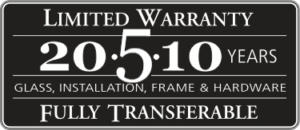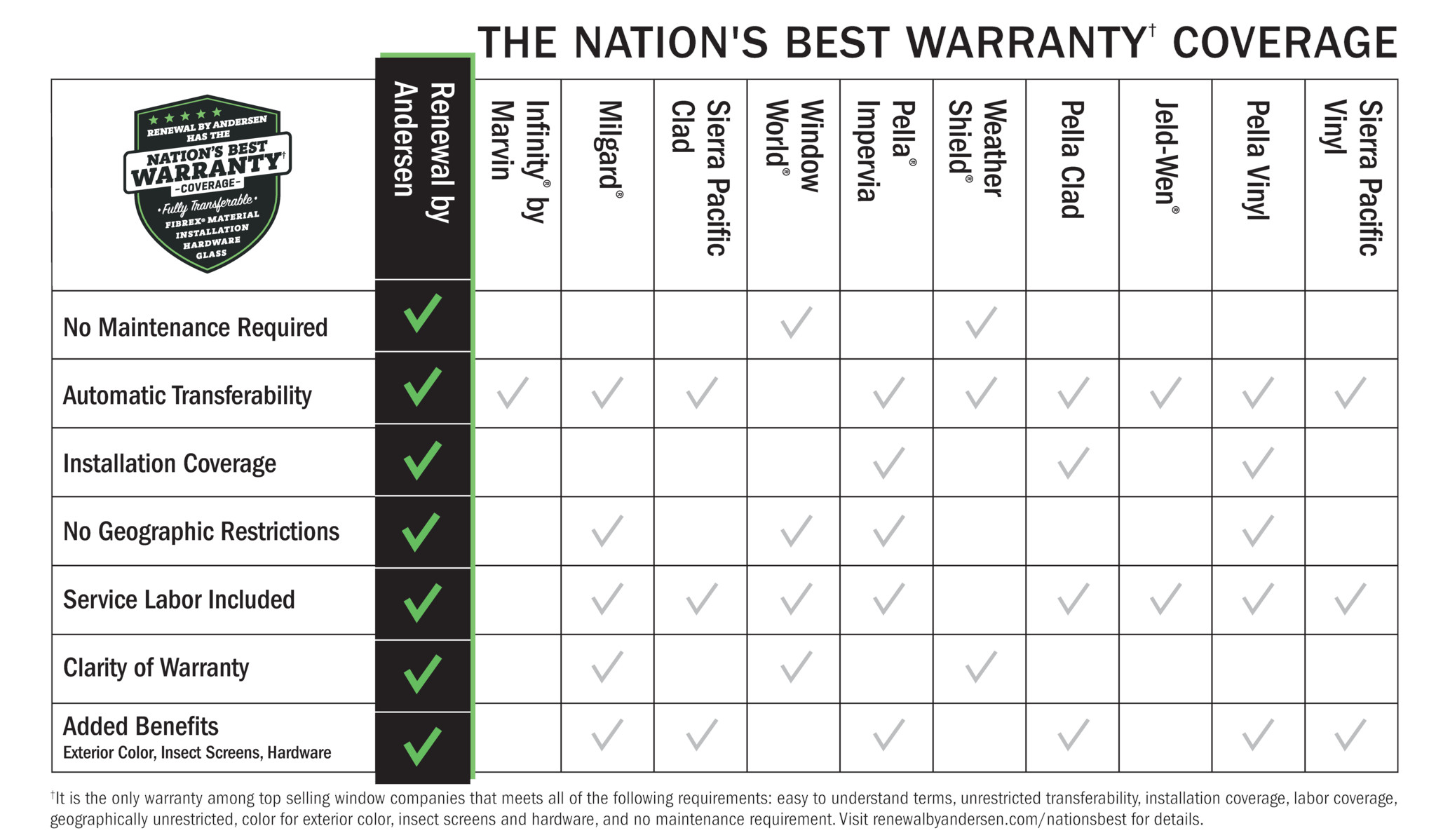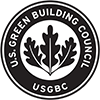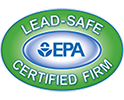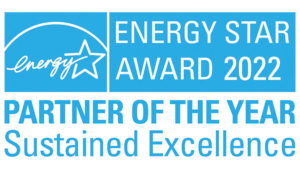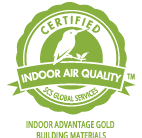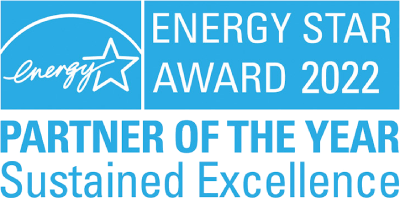The Top 4 Questions We’re Asked About Condensation
January 18, 2018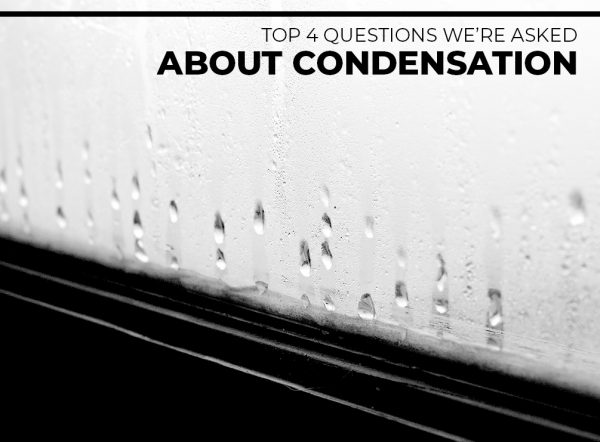 When the weather turns cold, we here at Renewal by Andersen of Northeast PA start fielding a lot of questions about condensation. While the presence of condensation on your windows can be concerning and even annoying, it isn’t an automatic indication that there’s a problem with your windows or patio doors. Understanding the causes of condensation and how it affects your home will help you know what to do about it, so take a look at these frequently asked questions about condensation to find out more.
When the weather turns cold, we here at Renewal by Andersen of Northeast PA start fielding a lot of questions about condensation. While the presence of condensation on your windows can be concerning and even annoying, it isn’t an automatic indication that there’s a problem with your windows or patio doors. Understanding the causes of condensation and how it affects your home will help you know what to do about it, so take a look at these frequently asked questions about condensation to find out more.
“What is the difference between interior and exterior condensation?”
As winter progresses, temperatures begin to drop. More homeowners start to notice moisture collecting on the inside surface of their windows. This annoying interior condensation – which can block views, freeze on the glass and make a mess on the floor – is a sign that there’s too much humidity within your home. Exterior condensation, on the other hand, is just water vapor that has condensed on the outside of the window.
“How can I tell if there’s too much humidity in my home?”
Condensation on the interior of your windows is troubling, even more so because it’s a warning sign that excess humidity could be causing problems in other, less noticeable areas of your home. Here are some additional indicators that excess humidity has caused, or soon will cause, damage to your home.
- Warped wooden surfaces
- Stains and/or discoloration on inside surfaces
- Sweating pipes
- A general feeling of dampness in the home
- Mold and mildew growth on surfaces
- Musty smells
- Paint, either interior or exterior, that is peeling or cracking
“What is the source of indoor humidity?”
Moisture in our homes is released into the air in a variety of ways. Doing laundry, running the dishwasher, taking showers and even cooking all generate varying amounts of moisture that contribute to interior humidity levels. Even normal bodily functions such as breathing and perspiring add a small amount of moisture to the air.
“How can I reduce the humidity in my home?”
If you’ve noticed condensation on your windows, or any of the other warning signs that your home’s humidity level is too high, there are steps you can take to reduce it.
- Install a fresh air intake if you have a forced air furnace. If your home is tightly sealed, use an air-to-air heat exchanger instead.
- Don’t store firewood in the basement or any other area of your home. Firewood releases moisture as it dries.
- Make sure that your clothes dryer, gas appliances and all exhaust fans are vented to the outside.
- Remember to run exhaust fans in the kitchen while cooking. When bathing or showering, turn on the bathroom fan just long enough to clear the mirror.
More Questions? Call Renewal by Andersen of Northeast PA
Hopefully you now understand a little more about condensation and how it works. If you still have questions or need advice on other window-related issues, don’t hesitate to call Renewal by Andersen of Northeast PA at (610) 849-2800 to learn more.



